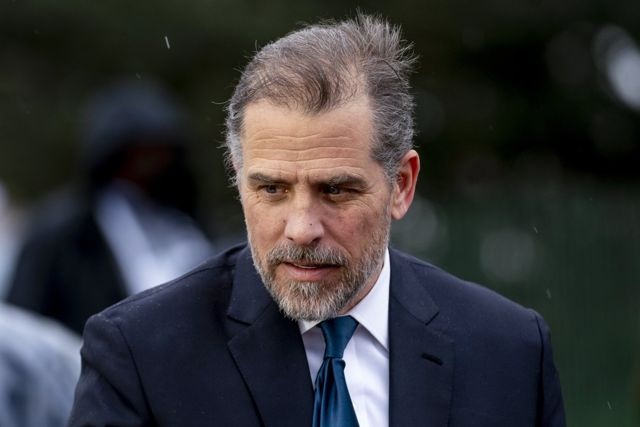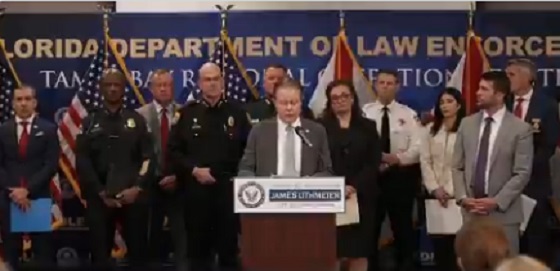From The Center Square
Hunter Biden pleaded guilty under an Alford plea, in which one maintains one’s innocence while admitting the prosecution has enough evidence to find one guilty.
Hunter Biden, the sole surviving son of President Joe Biden, pleaded guilty Thursday in Los Angeles to avoid a trial on nine federal tax charges that include three felonies and six misdemeanors.
The charges involve failing to file and pay $1.4 million in taxes, filing falsely, and claiming false and fraudulent business deductions.
The House Oversight Committee found the Biden family and associates received more than $20 million from overseas, including entities in China and Russia. The indictment alleges Hunter Biden spent this money on drugs and prostitutes while not paying taxes.
“Between 2016 and October 15, 2020, the Defendant spent this money on drugs, escorts and girlfriends, luxury hotels and rental properties, exotic cars, clothing, and other items of a personal nature, in short, everything but his taxes,” the indictment said.
Hunter Biden pleaded guilty under an Alford plea, in which one maintains one’s innocence while admitting the prosecution has enough evidence to find one guilty. This is different from a nolo contendere plea, which unlike the Alford plea does not require special court approval, and is often entered in which the defendant neither admits or disputes the charges. While a nolo contendere plea is often viewed as a tacit admission of guilt, the Alford plea is viewed as a relatively lesser admission of guilt. Hunter Biden now avoids a public trial that would involve witnesses detailing his life during the period in which he allegedly committed tax fraud.
Hunter Biden was investigated by the Securities and Exchange Commission for securities fraud under the Trump administration, and was found guilty of felony gun charges for lying about his drug use on a gun purchase form and possessed a firearm while using illicit drugs. Hunter Biden is set to be sentenced for his gun charges, for which he can face up to 25 years in prison and $750,000 in fines, on November 13, a week after the 2024 presidential election.













